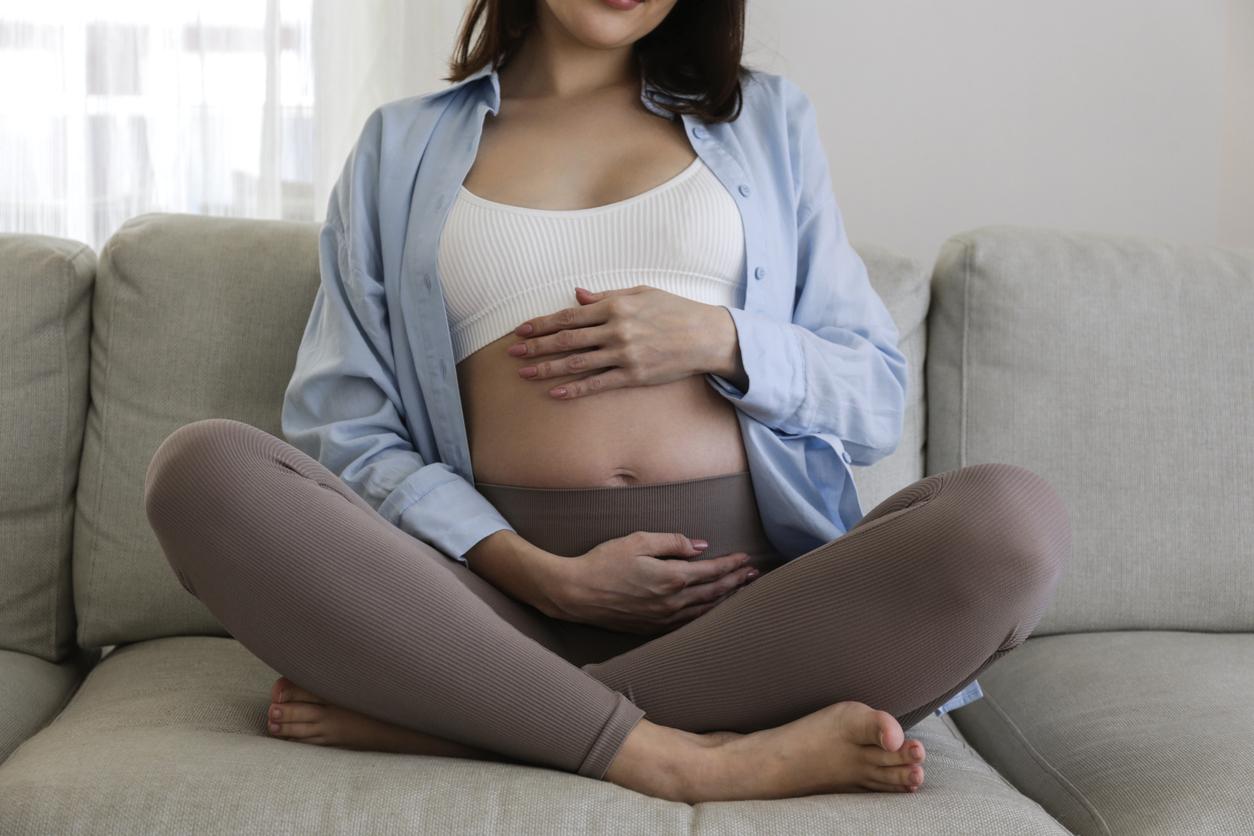If carrying a child makes pregnant women “age”, it seems that during the postpartum period they “get younger”.

- During pregnancy, the biological age increases by approximately two years in pregnant women.
- Three months after childbirth, a reduction, “up to eight years for certain people”, in maternal biological age is observed.
- A more marked decline is observed in breastfeeding patients who are not overweight.
“It is well established that the state of pregnancy imposes considerable physiological stress on the mother-to-be. Based on this observation, it has been proposed that pregnancy constitutes a natural challenge that can reveal latent stress-related vulnerabilities presenting an interest in the risk of future diseases. However, there is currently no biomarker of the overall physiological toll imposed by pregnancy”, wrote American and German researchers in a study published in the journal Cell Metabolism.
Postpartum: a more marked drop in biological age among breastfeeding and non-overweight women
Thus, they took blood samples from 119 pregnant women at the beginning, middle and end of pregnancy as well as three months after delivery for 68 patients. From these data, scientists generated estimates of biological aging using “epigenetic clocks” based on DNA methylation (DNAm). Next, they used “generalized additive models,” adjusted for maternal age, education, income, and ethnicity, to determine whether pregnancy stage is associated with accelerated biological aging. and whether these effects are reversed after delivery. Because certain maternal characteristics may further increase the physiological burden imposed by pregnancy, the team also examined whether maternal body mass index before pregnancy was associated with measures of biological aging.
According to the results, from the beginning to the end of pregnancy, the participants’ biological age increased by approximately two years, suggesting that pregnancy accelerates aging. However, when the authors analyzed the biological ages of the same women three months later, they observed a decrease “remarkably significant increase in biological age, up to eight years for some people.” Another observation: the mother’s BMI before pregnancy had a negative impact on this recovery effect, leading to higher estimates of biological age in the postpartum period. In contrast, breastfeeding led to a greater decline in maternal biological age between pregnancy and three months postpartum.
“We do not know whether these effects accumulate over successive pregnancies”
According to the researchers, these results should be the subject of further research. “We do not know whether the postpartum recovery effect is relevant to short- or long-term maternal health outcomes and whether these effects accumulate over successive pregnancies. Likewise, we do not know whether the “reduction in biological age after childbirth simply corresponds to a return to the biological age before pregnancy or if pregnancy can have a rejuvenating effect”, said Kieran O’Donnellco-author of the work.














